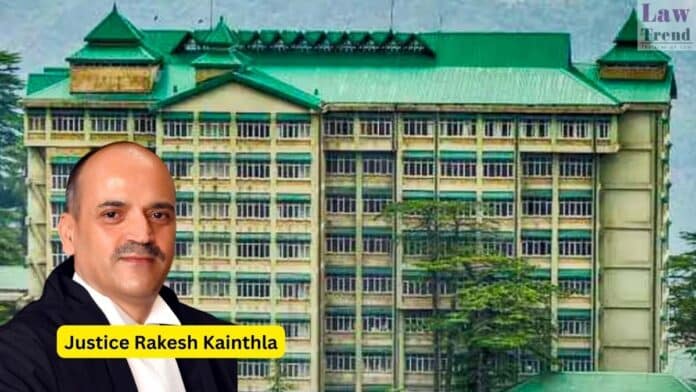The case, titled Mohan Singh & Others v. State of Himachal Pradesh & Anr., involved the petitioners seeking to quash an FIR (No. 0070 of 2023) dated October 17, 2023, registered at Police Station Shillai, District Sirmour, under Sections 323, 504, 506 read with Section 34 of the Indian Penal Code (IPC). The FIR stemmed
To Read More Please Subscribe to VIP Membership for Unlimited Access to All the Articles, Download Available Copies of Judgments/Order, Acess to Central/State Bare Acts, Advertisement Free Content, Access to More than 4000 Legal Drafts( Readymade Editable Formats of Suits, Petitions, Writs, Legal Notices, Divorce Petitions, 138 Notices, Bail Applications etc.) in Hindi and English.




